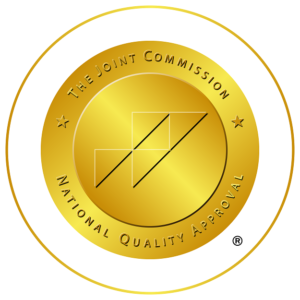Best Effective Strategies for Mentoring Employees
Most companies hold annual performance assessments, but feedback during these sessions is not always helpful if you leave employees without the resources and coaching they need to address areas of growth and improvement for the rest of the year. The good news is it doesn’t have to be a full-time job to provide mentorship opportunities. We have put together some effective strategies that are based on what we learned from mentoring. They aren’t everyday things you have to do, nor do you have to set aside hours to do them. Trust us, investing the time and energy to do so will deliver long-term results, loyal workers, and eventually a boost to the bottom line of your company.
Commitment
Consistency is a key commitment. According to management mentors, there is little interest in providing your expertise to mentees if you can not dedicate the time and energy to seeing it through in an extended period of time. So if you’re willing to commit, select the person you ‘d like to mentor, start by setting goals and scheduling regular check-in meetings, and then work on progress charting. It helps align mentee goals with the organizational agenda of the company to drive results towards shared goals and keep employees engaged by feeling as if they are contributing directly to the bottom line of the business.
Take example
Let’s talk about something that’s called model behavior to make sure your attitude and actions show the ethics, values, standards, and procedures that define your business and you want your mentees to embody. It may not be possible to shoulder that burden alone, depending on the size of your company. That is when building layers of mentors across the company is critical. You set the stage for the managers and, in effect, their teams do the same. In other words, make the mentoring part of the DNA of the whole company. Another way to set the tone is to build incentives for one-time mentoring of the whole firm. Mentoring Employees Is sonority impossible? It is pretty easy actually. Just schedule fast weekly or monthly sessions in the form of something like a town hall to update employees about how the business is doing, request feedback, and share success stories.
Look for the opportunities to teach
As a mentor, by sharing your knowledge and experiences, and recommending assignments to your mentees that will help them grow and develop professionally, you get to play teacher. Part of your mentoring job is to encourage the mentees to think critically and solve problems themselves. We recommend that you think of yourself as a sounding board and personal mentor who helps direct mentees towards their own conclusions.
Keep a watchful eye
You may also serve as a mentor, as a defender. Hold a watchful eye on both threatening corporate powers and constructive prospects. Mentoring Employees And from your higher role in the food chain, you have the unique opportunity to distinguish projects with low visibility and high visibility and help your mentees get recognized for their work.
Conclusion
Mentoring Employees doesn’t need to learn anything in the relationship early on; often it’s more fun to let them in on the secret later after solving a few obstacles they once found impossible. Probably your employees are your greatest asset; confident employees are the ones that hold the promise to reinvigorate your company.














